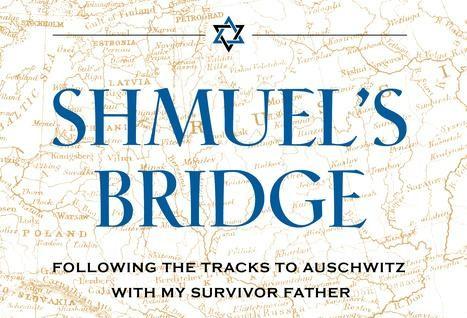Jason Sommer is an American poet. He has written five collections of poetry. His father is a Holocaust survivor. Many of his family members experienced the Holocaust; many of them did not survive. His “Shmuel’s Bridge” is a memoir of that very subject.
Even in prose, one can tell that Sommer is a poet. His words, sentences, and paragraphs flow smoothly, often elegantly, with imagery and detail that strike the reader in ways that prose typically cannot. The reader is left remembering not just the story but also how it is written.






